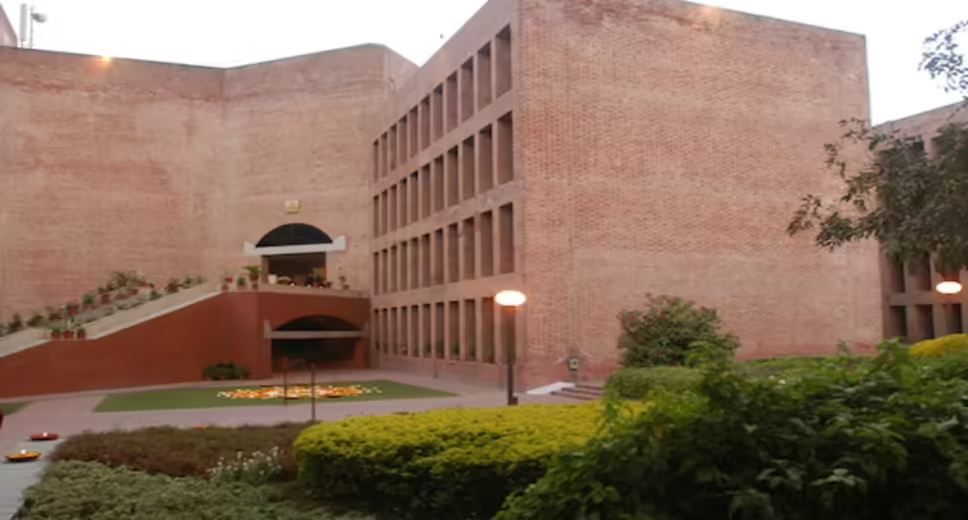IIM (Amendment) Bill 2023 Cleared by Lok Sabha, Govt Says ‘No Intention of Encroaching Autonomy’

The Indian Institutes of Management (Amendment) Bill, 2023, aiming to designate the President of India as the 'Visitor' to the prestigious business schools, received approval in the Lok Sabha on Friday. Despite concerns voiced by the Opposition about potential encroachments on the autonomy of these esteemed institutions, the bill, initially presented by Union Education Minister Dharmendra Pradhan, successfully passed through the Lower House of Parliament following a brief debate on its provisions.
The bill was originally introduced in the Lok Sabha on July 28; however, due to disruptions in the House related to the Manipur situation, it could not be discussed at that time. Addressing the Opposition's apprehensions, Minister Pradhan reassured that the government has no intention of undermining the autonomy of the IIMs (Indian Institutes of Management). He emphasized that the IIMs hold the status of institutions of national importance, citing examples of other distinguished institutes like the IITs and NITs, where the President serves as the Visitor without any compromise to academic autonomy.
Pradhan recalled that in 2017, the Union government conferred the authority upon the IIMs to confer degrees for various courses, thereby expanding their scope beyond diploma and certificate programs. However, he highlighted observations made by the local board of management over the subsequent years, revealing instances where the IIMs did not fulfill certain constitutional obligations, such as providing reservations for Backward categories during faculty appointments and adhering to the government's General Financial Rules (GFRs) and service conduct rules.
The newly proposed bill, which amends the IIM Act of 2017, designates the President as the 'Visitor' to the IIMs with the power to conduct audits of their operations, initiate inquiries, and appoint or remove directors and chairpersons from their Board of Governors. This particular provision has raised concerns among faculty members who fear it could potentially erode the autonomy of these institutions.
Under the existing Act, the IIMs operate with a higher degree of autonomy under the guidance of their Board of Governors, which comprises 19 members, including a single representative from both central and state governments. The Board holds the authority to nominate its chairperson and appoint the institute's director. Tensions have arisen between the IIMs and the central government on several occasions.
In 2020, a conflict arose between the IIMs and the Centre regarding the conferral of one-year executive MBA degrees. The Centre objected to these degrees, citing rules from the University Grants Commission (UGC) that did not support awarding a degree for a one-year course. Despite the disagreements, the IIMs continued to grant one-year degrees similar to the '4+1' education model practiced by foreign universities.
Another instance of discord emerged when IIM-Rohtak reappointed its director for a second term, leading to a dispute over the director's academic qualifications with the Education Ministry opposing the decision. The Ministry communicated its intention to devise a new procedure for forming search-cum-selection committees to appoint chairpersons. Consequently, the Board of Governors of the IIMs were instructed to extend the tenure of existing chairpersons until the new procedure was established. This move was met with resistance from the IIM administration, with some board members viewing it as unwanted interference in their affairs.
